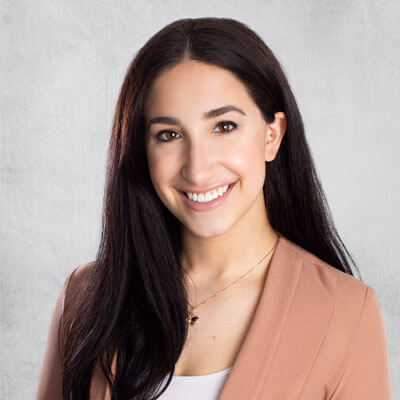Two Ontario university graduate students are being recognized by the Council of Ontario Universities for their pioneering autism research that supports new discoveries, treatments and contributions that will positively impact children with autism and their families. Each year, the Autism Scholars Award is presented to a doctoral and master’s-level researcher at an Ontario university.
This year’s recipient of the doctoral-level Autism Scholars Award and a $20,000 prize is Carly Albaum from York University. Albaum’s research examines how process factors such as a client’s motivation and involvement in psychotherapy sessions determines why and how some youth benefit from therapy and others do not. The outcome of Albaum’s research will help inform mental health care providers about the kinds of therapeutic processes to consider when providing care to youth with autism which addresses a critical gap in existing mental health research.




